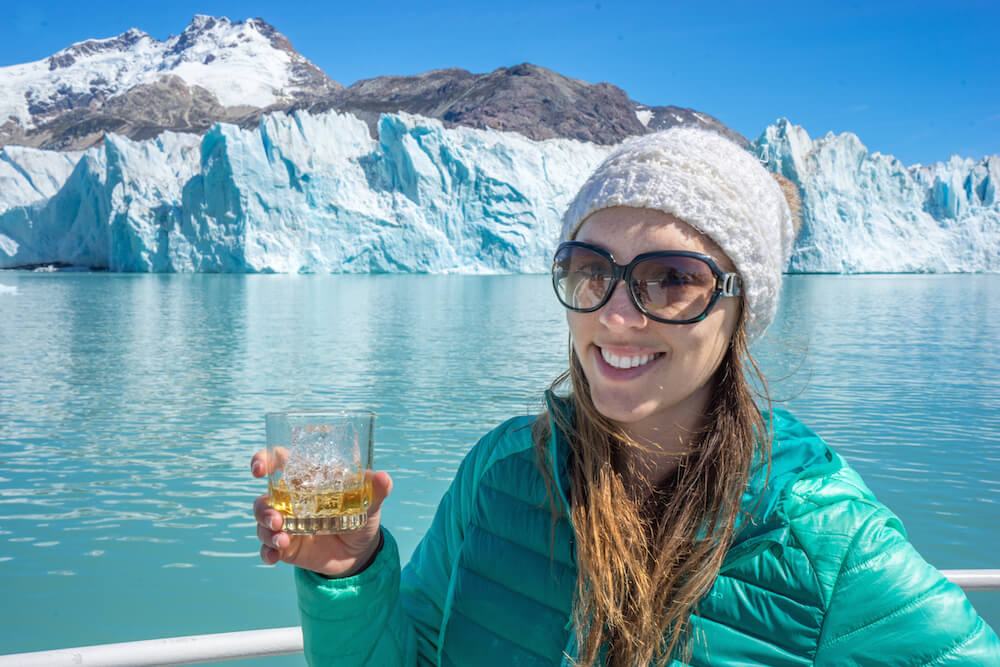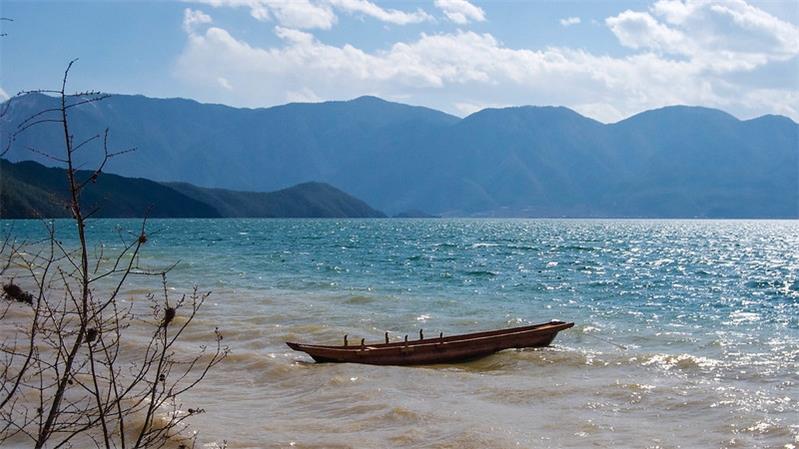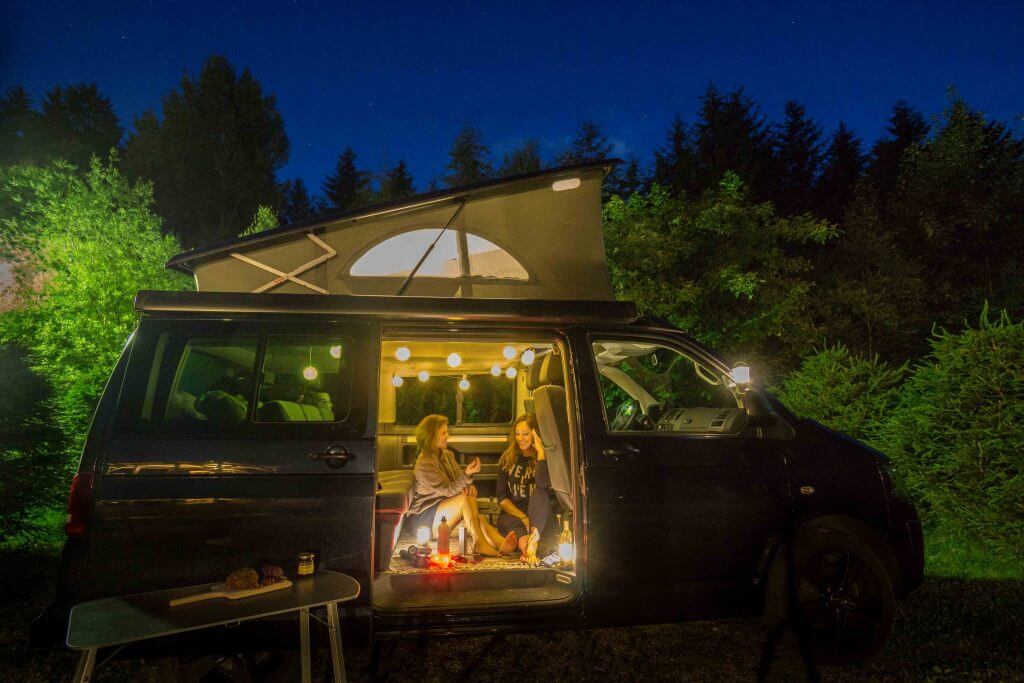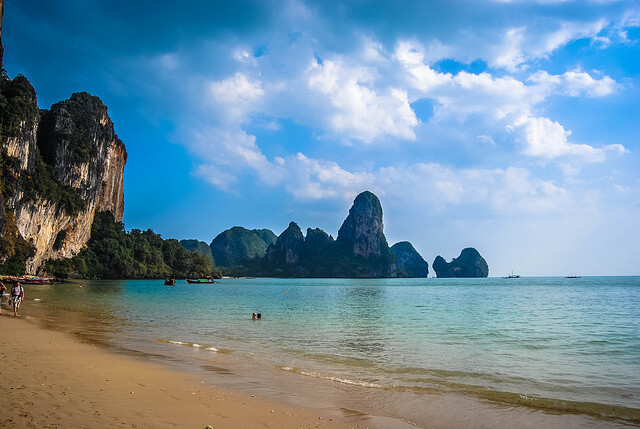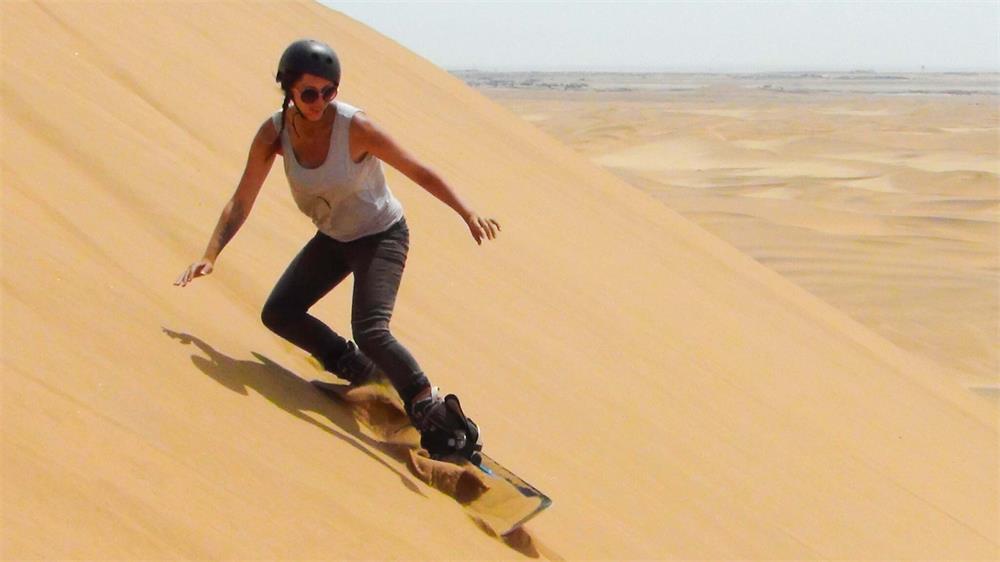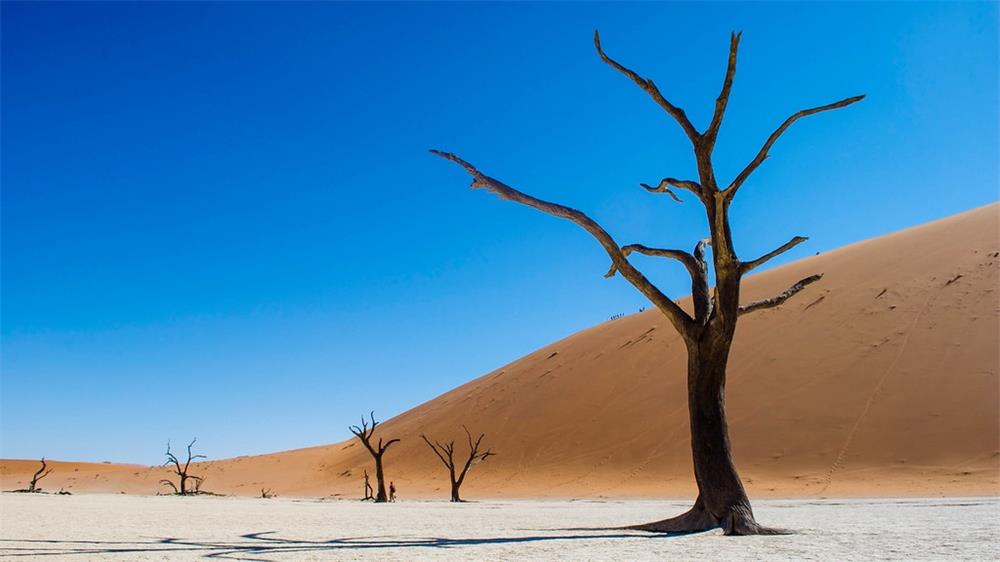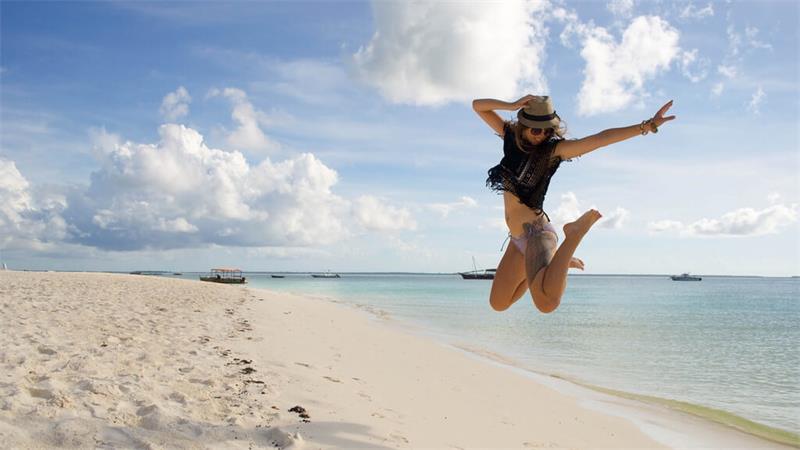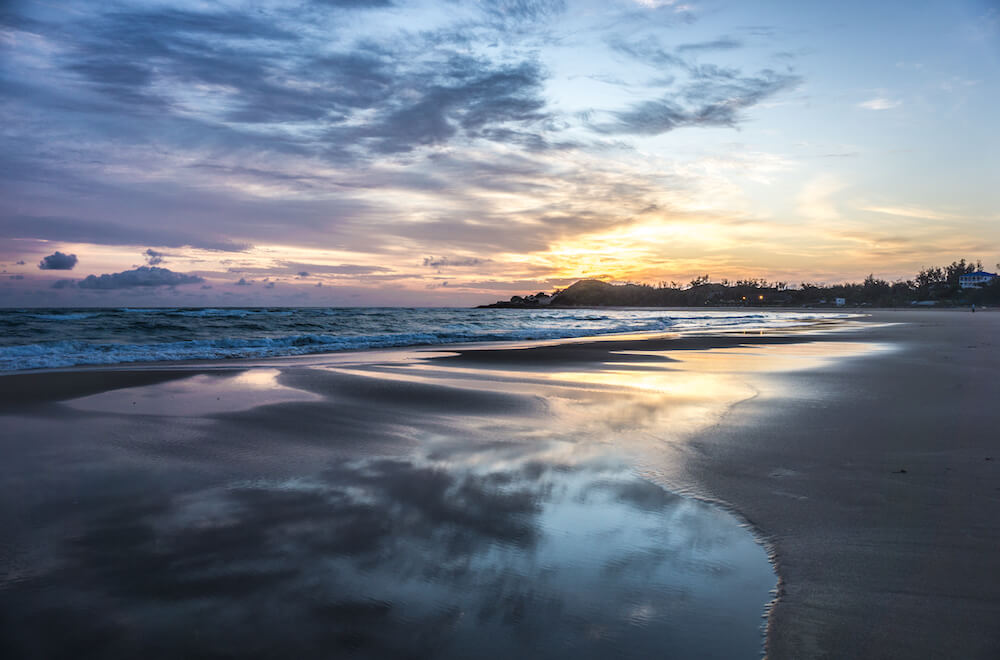
I’m familiar with a location where few people are.
It’s the type of area where the silica-rich sand creaks beneath your feet, where you quit wearing shoes, don’t even think about combing your hair, and where, since there are no mirrors, you stop thinking about how you appear. It begins to become whatever you feel, which is comfortable and as if your spirit is being cleansed.
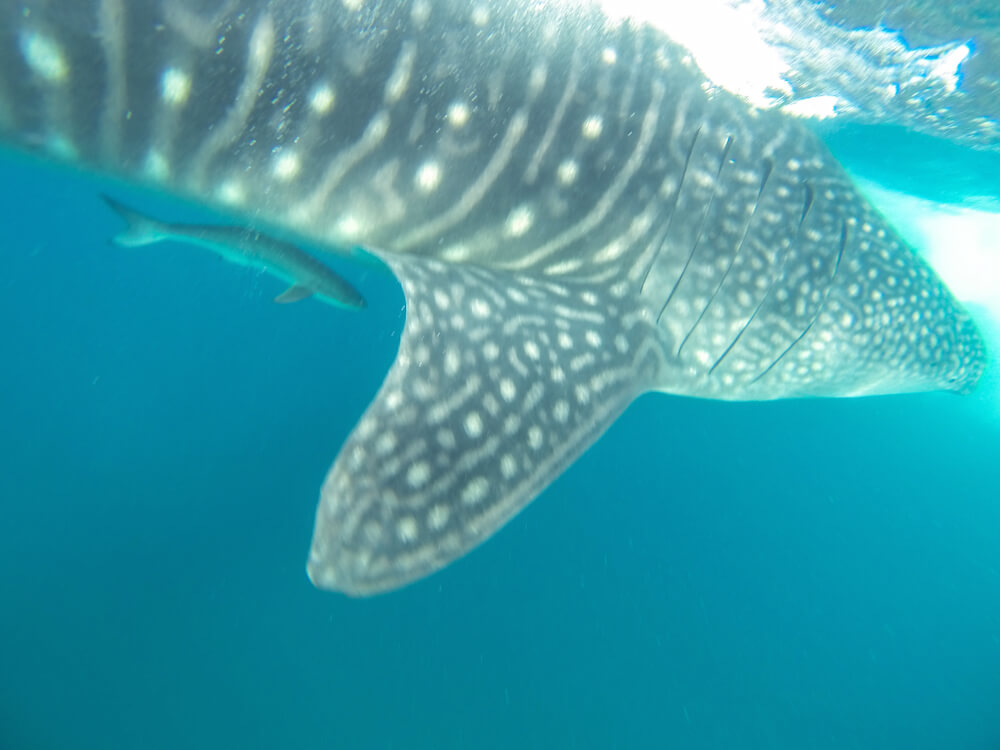
The water is ideal for Goldilock’s personality since it is neither too hot nor too cold. It’s only. The weather is also ideal in November, neither too damp nor too hot, with a pleasant wind. Lounging in a hammock all day while gazing out at the beautiful blue lake is completely okay, and I do it frequently.
The beach isn’t very long. You can walk from one end to the other in under an hour, jumping from the lighthouse till the sun goes down.
While Tofo, Mozambique, is a popular diving destination, you will pass by a few dive schools along the trip. It’s notable for large things like manta rays and the like. I saw a whale shark there, as I can attest.
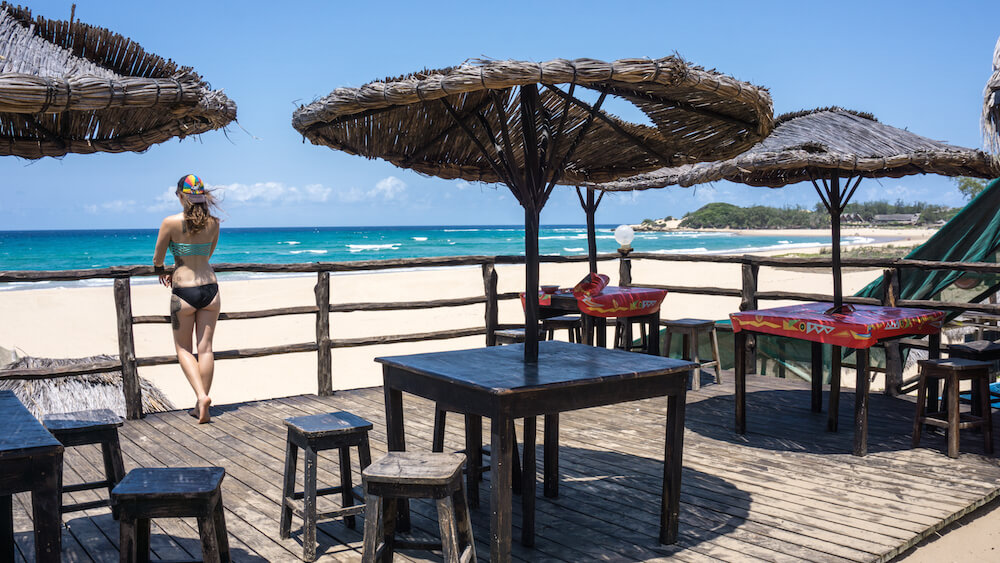
Of course, nothing is perfect. The electricity goes out occasionally, and sure, there are mosquitos here and there. The journey to Tofo is perilous, with crammed ten-hour bus journeys that surpass all previous dreadful bus experiences I’ve endured ten times. The nearest ATM is a 30-minute walk away, and planes frequently cancel one after the other.
Yet when I can stay in my own bamboo cottage for $15 per night and eat a platter of fresh barracuda for $5, those are minor drawbacks that I can overlook.

There are a few backpacker accommodations, including beach shacks and campsites, a fancy hotel, a small market selling the best mango in the world for 5 courses (like, not even 10 cents), as well as only fresh lobster, barracuda, and shrimp, and a few outdoor restaurants where the food takes an hour or two to arrive. That’s how it is in a slow-paced environment.
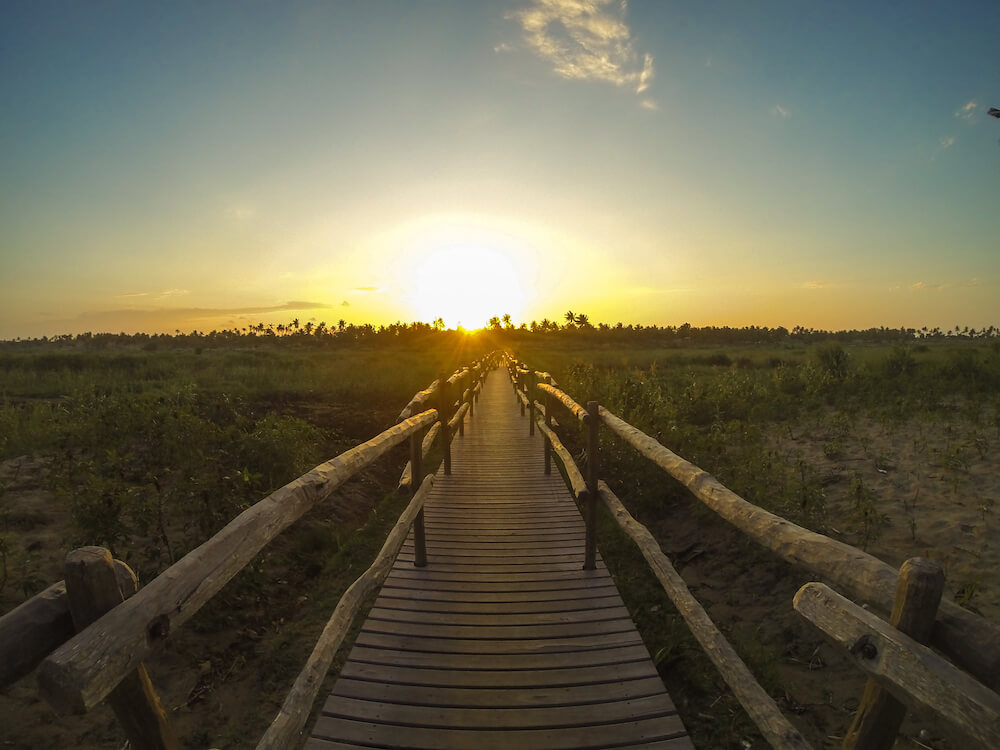
In contrast to most such pure and picturesque beaches, tourism in Tofo appears to be declining. The persistent difficulty of getting there, the scarcity of information about the area, and the diminishing value of the South African Rand are all potential factors in the drop in visitor numbers.
While quad-riding across the dunes and coconut groves behind the main beach, I can see that building on numerous resorts has begun just to be abandoned. After a fire, one, in particular, has just one cottage remaining, yet it is still full of personnel. I took advantage of the opportunity to have the entire resort to myself and reserved the villa for one night. It was both terrifying and beautiful to be surrounded by solitary mangroves for kilometers.
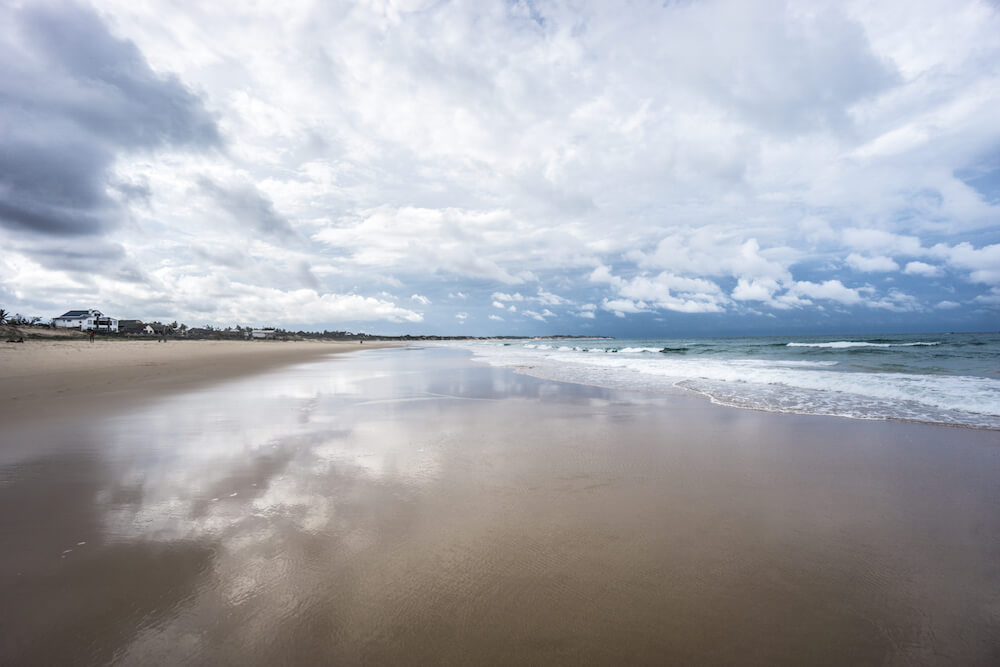
Touts stroll the sand wearing wristbands and sarongs, just as on beaches in impoverished nations across the world. The most persistent of them approach me on a regular basis to offer me a coconut that we both know I’ll buy. We both know I won’t pay more than 20 mets (39 cents) for it, but we haggle for ten minutes since it’s a sport and we have time to kill.
He asks the same questions again and over: “How much do you pay for a coconut?” When are you going to leave? What country are you from? So you’re going to buy a coconut tomorrow? What are you going to pay for a coconut tomorrow? Next, he’ll roll his R’s over the double R like a genuine Portuguese speaker.
Eventually, I like my regular contact with this child who claims to be 18 but appears to be 16, and I get the controversy. He’d be an insurance salesman in another area of the world, and he’d be really good at it.

It’s like buying a piece of paradise for pennies on the dollar. It’s a lovely destination for a tiny charge that you may enjoy while wondering why you were put on this planet with a passport that allows you to travel, provides you access to free schools, and associates you with a country where child labor is forbidden. You enjoy it for a brief period while understanding it’s not right that you can do it. Yet when you stroll along the beach for daybreak and discover that you’re the only one there save for the fisherman who passes in their way every now and then, the emotion that outweighs all others is astounding.
It’s the appreciation for the current moment and the realization that no matter who you are or what you have if you get to look at this beach, you are genuinely fortunate.

